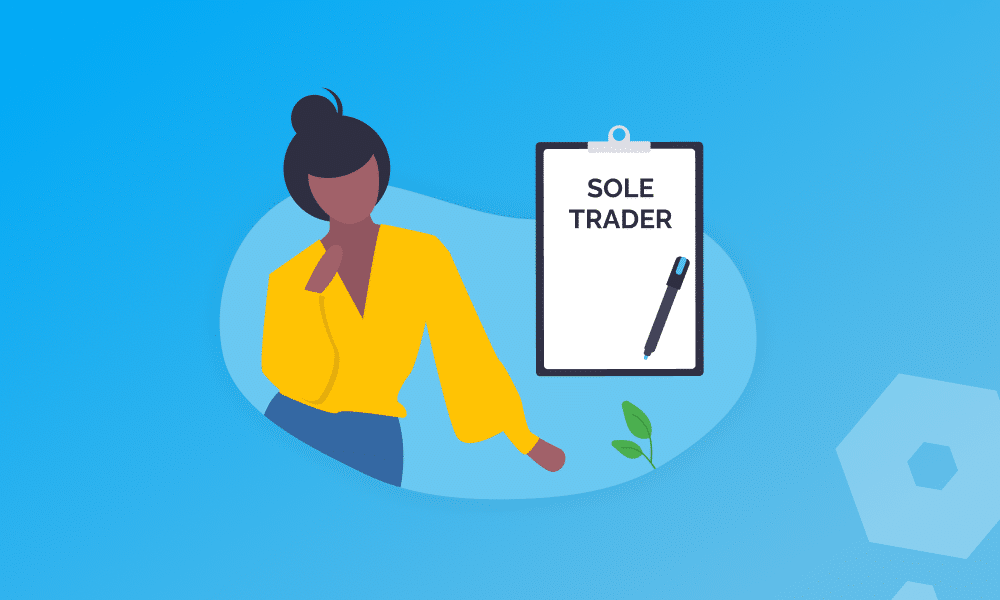It’s an exciting time when you start a business, packed with big dreams, important decisions, and confusing terminology that might not make sense yet.
One of the first things you’ll need to decide is how your business should be structured legally. There are several options to choose from, but in this article, we’ll focus on what it means to be a sole trader.









